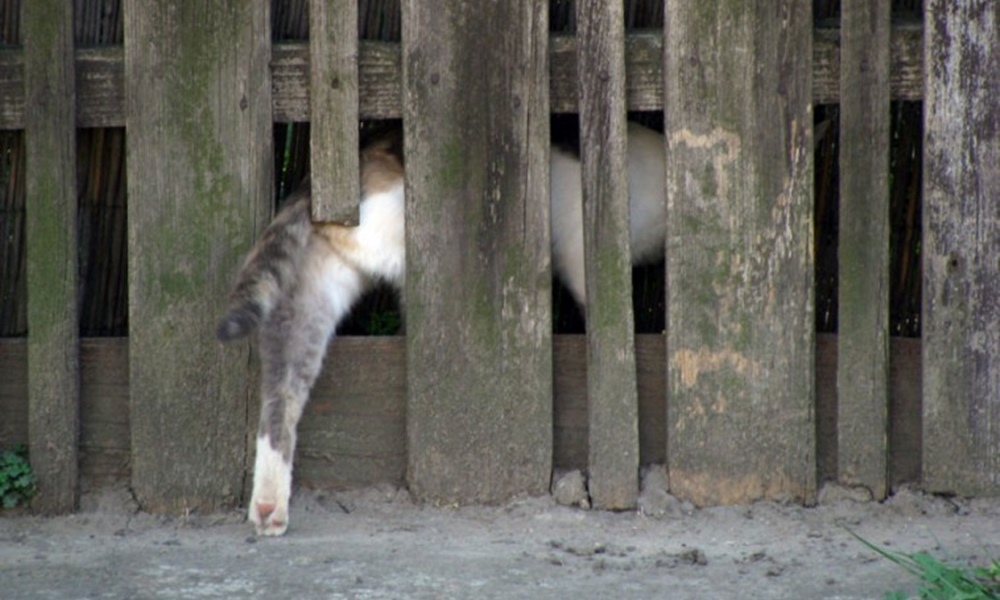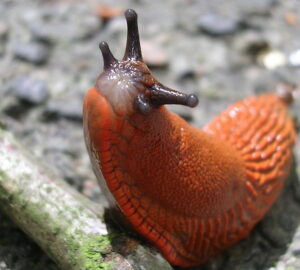For all you passionate gardeners out there, the joy of tending to your plants and flowers can be a source of immense satisfaction. However, this joy can quickly turn into frustration when furry feline visitors decide to use your garden as their personal playground or litter box. While we appreciate our own cats, dealing with the neighborhood feline explorers can be a challenge. Fear not, for we have compiled a list of 10 practical and humane methods to help you protect your beloved garden oasis from unwanted cat intruders.
1. Secure Your Garden’s Perimeter
Cats are agile creatures, and a simple fence won’t deter them. Consider adding a wire mesh over the top of your fence or planting thorny vegetation along its borders. This makes it difficult for cats to navigate and discourages their entry.
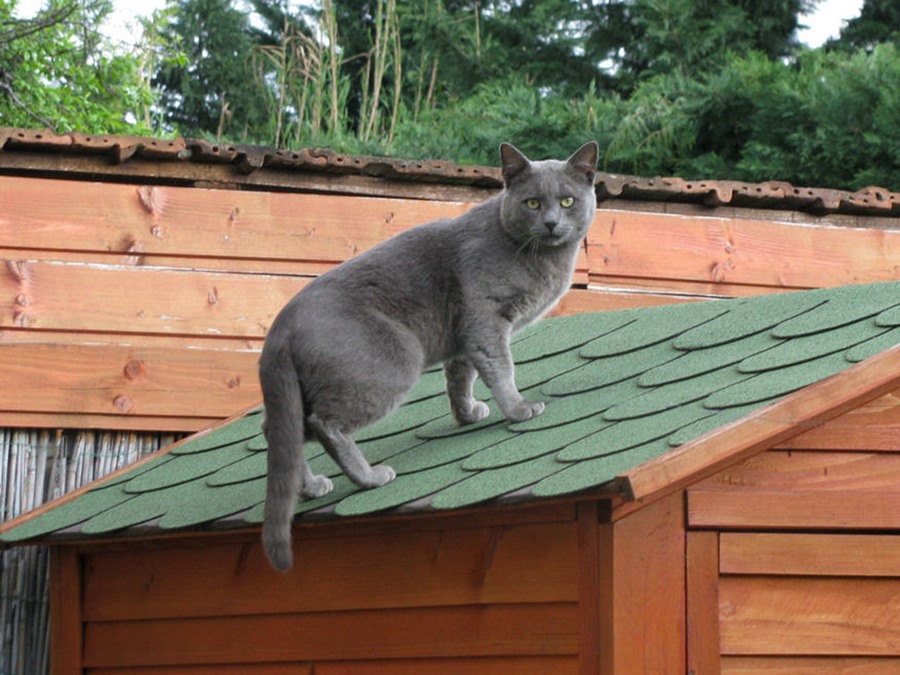
2. Automatic Water Sprinklers and Motion-Activated Water Devices
Invest in motion-sensor-equipped water sprinklers or water guns that activate when they detect motion, providing an unexpected splash to surprise and discourage any curious cats approaching your garden.
3. Bio-Repellents
Bio-repellents, like dogs that bark loudly at feline intruders, can also be effective.
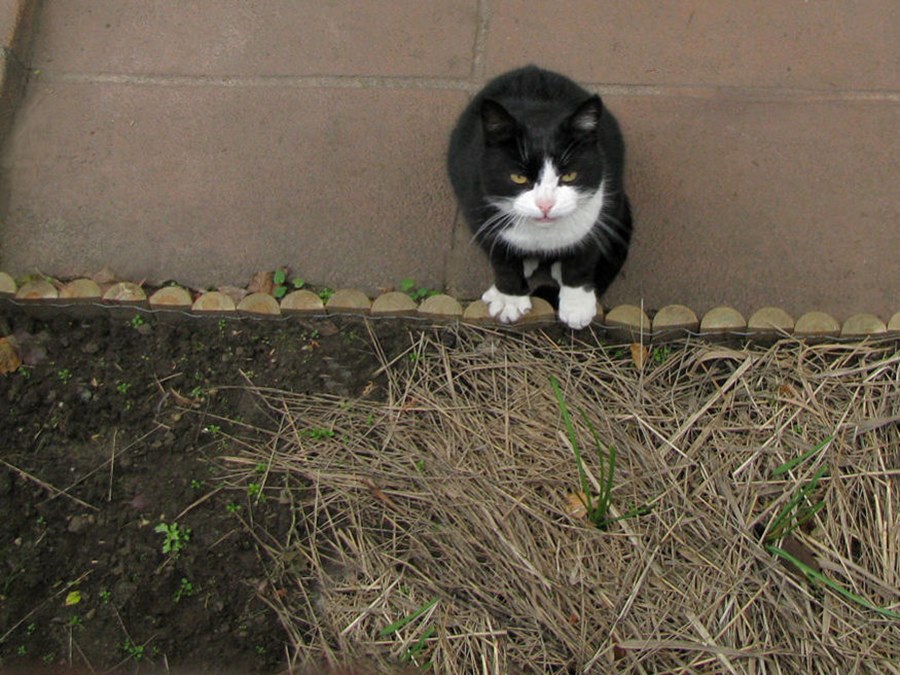
4. Create an Unattractive Environment
Cats prefer bare, dry, and dusty soil for their business. To deter them, place prickly branches on the ground or replace bare areas with materials like crushed stone or gravel that cats find uncomfortable to walk on.
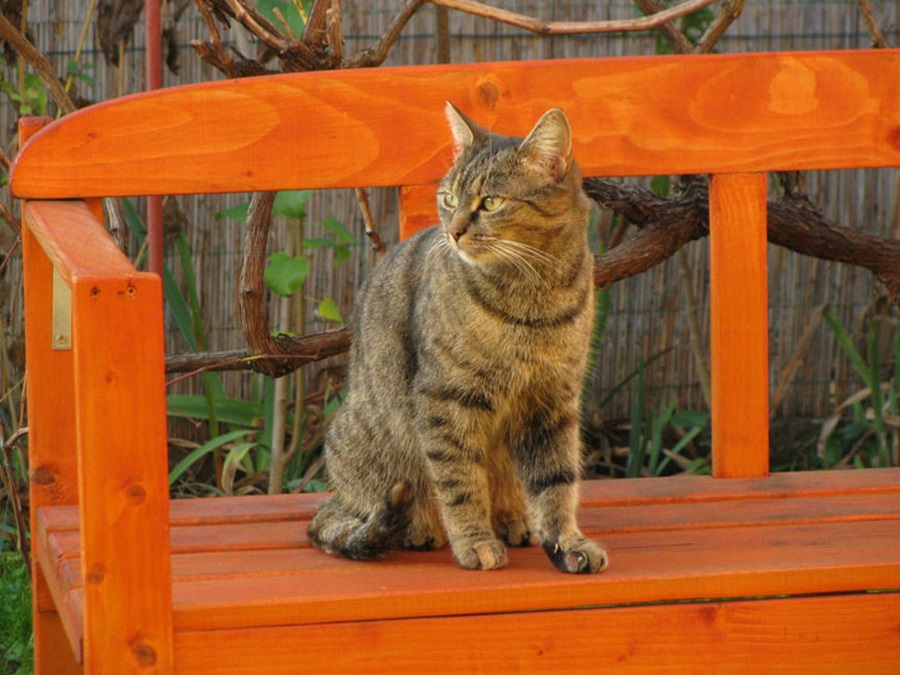
5. Safe Alternatives to Harmful Solutions
Avoid using poisons or harmful substances that could harm cats or other wildlife. This is especially important if your garden serves as a playground for children. Instead, consider these safe alternatives:
- Citrus Peel and Essential Oils: Cats dislike the smell of citrus. Place citrus peels or use citrus essential oils in your garden to deter them naturally.
- Moth Repellent in Perforated Jars: Moth repellent sachets in perforated jars emit odors that cats find unpleasant but are harmless to them and other garden visitors.
These alternatives provide effective cat deterrence without posing any risks to the environment or the creatures that share your outdoor space.
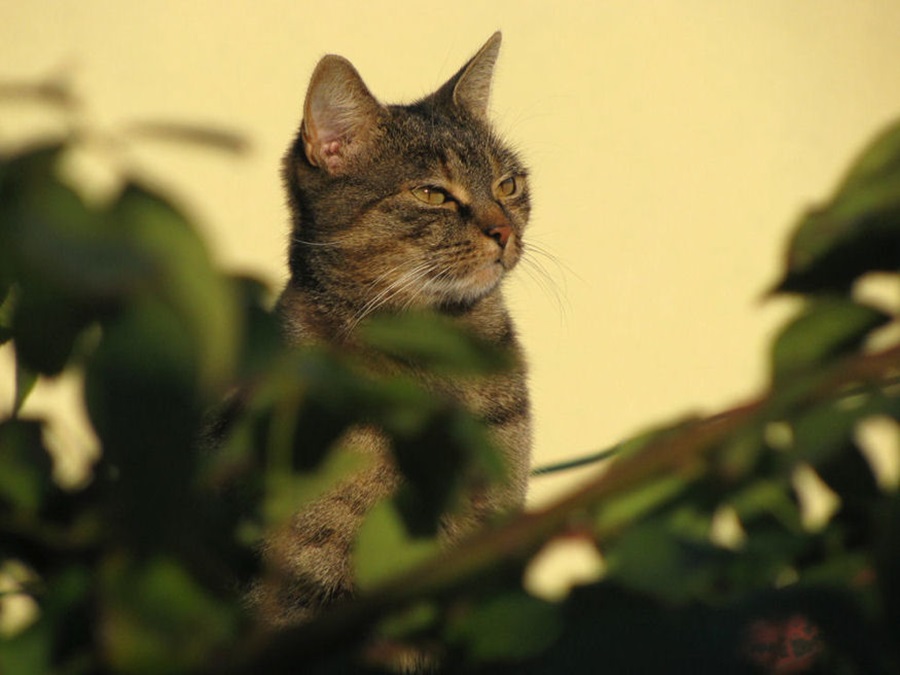
6. Use Spiky Plants
Utilize nature’s own deterrents – cats dislike certain plants. Consider planting spiky vegetation at the garden’s borders, such as blackberries or raspberries. You can also use bird netting or rose and black locust branches on the ground. Short twigs or bamboo sticks at angles across your garden can be effective, too.
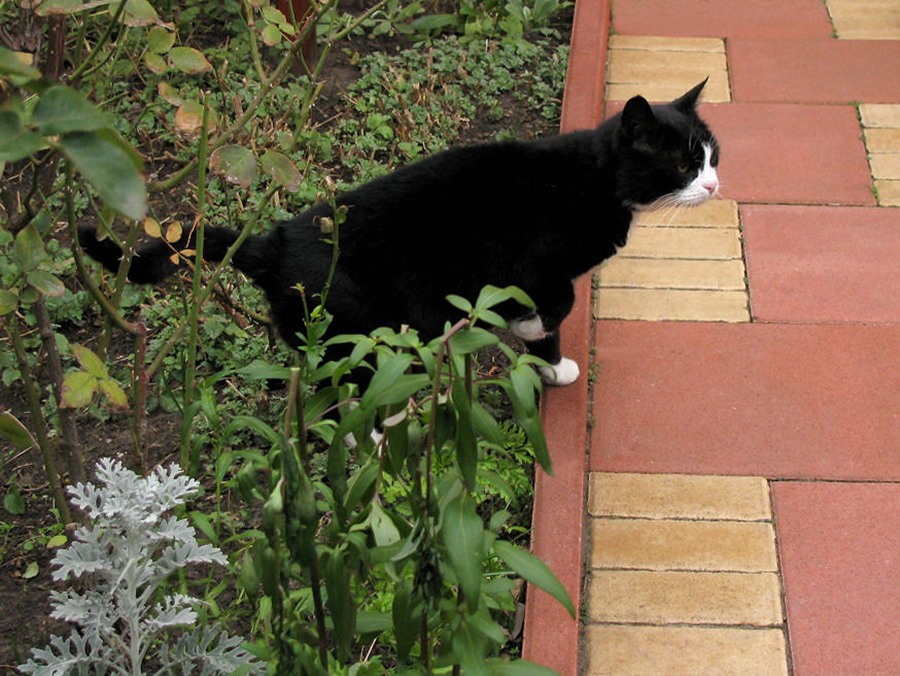
7. Create a Rock Garden
Incorporate rocks or stones into your garden design. Cats generally avoid these surfaces as they are less inviting for digging and lounging.
8. Mulch and Moisture Control
Cover your garden soil with mulch, which cats find less appealing for digging. Additionally, maintain the soil’s moisture level, as cats tend to prefer dry ground.
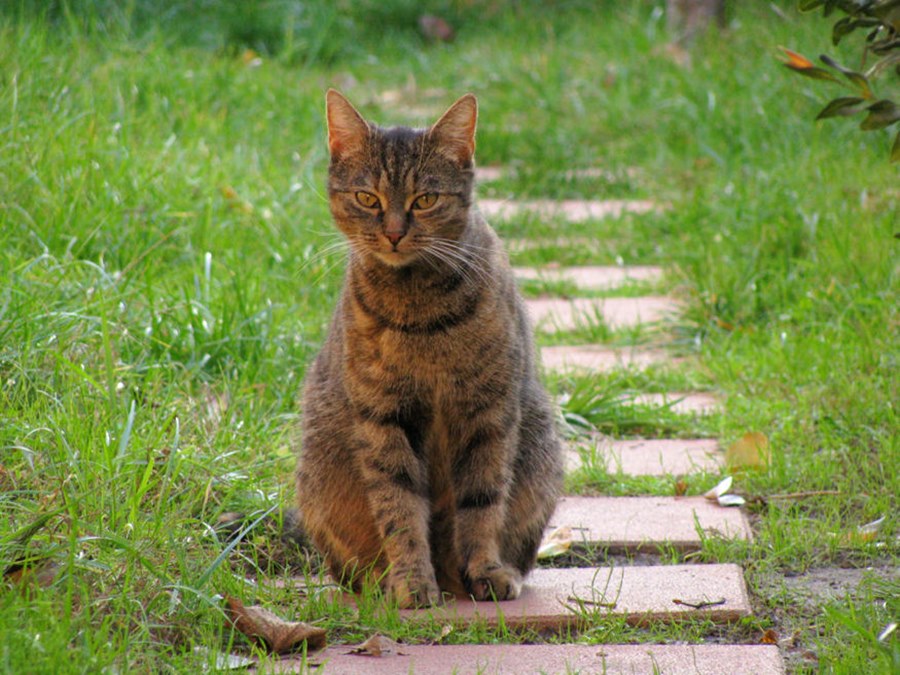
9. Natural Aromatics as Cat Deterrents
Harness the power of nature’s scents to discourage feline intruders. Garlic cloves, lavender, pennyroyal, common rue, and cinnamon are natural fragrances that cats find unappealing. You can scatter crushed garlic cloves or plant aromatic herbs like lavender and pennyroyal around your garden to create a less welcoming environment for cats. Additionally, common rue and cinnamon, when used strategically, can help keep your outdoor space cat-free. These aromatic solutions not only deter cats but can also add a touch of fragrance and beauty to your garden.
10. Coleus caninus, the “Scaredy Cat Plant”
Consider planting Coleus caninus, also known as the “scaredy cat plant.” This herb emits an odor that cats find offensive, acting as a natural deterrent.
With these 10 effective methods at your disposal, you can enjoy your garden without the unwelcome presence of neighborhood cats. Remember, it’s essential to use humane and safe approaches to protect your garden and its inhabitants. Happy gardening!



